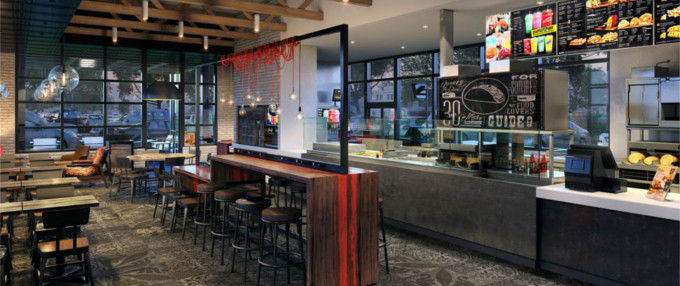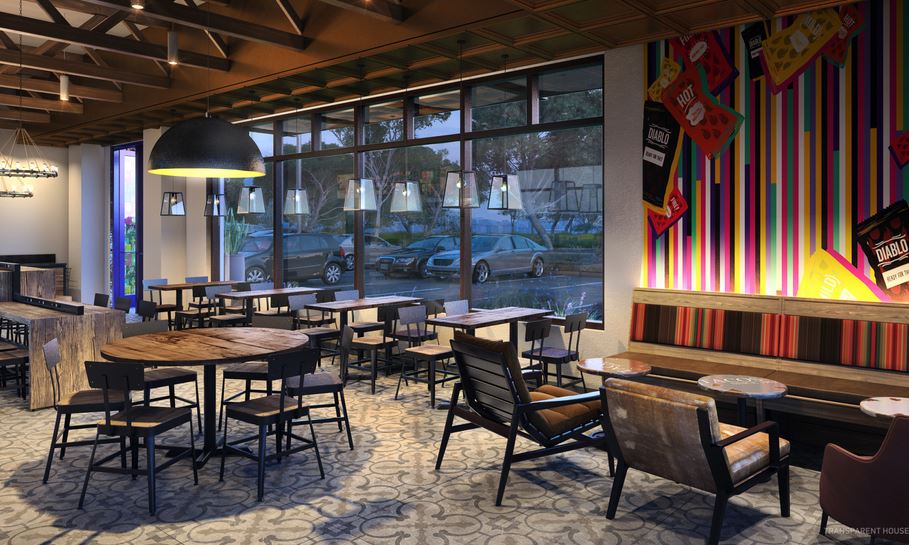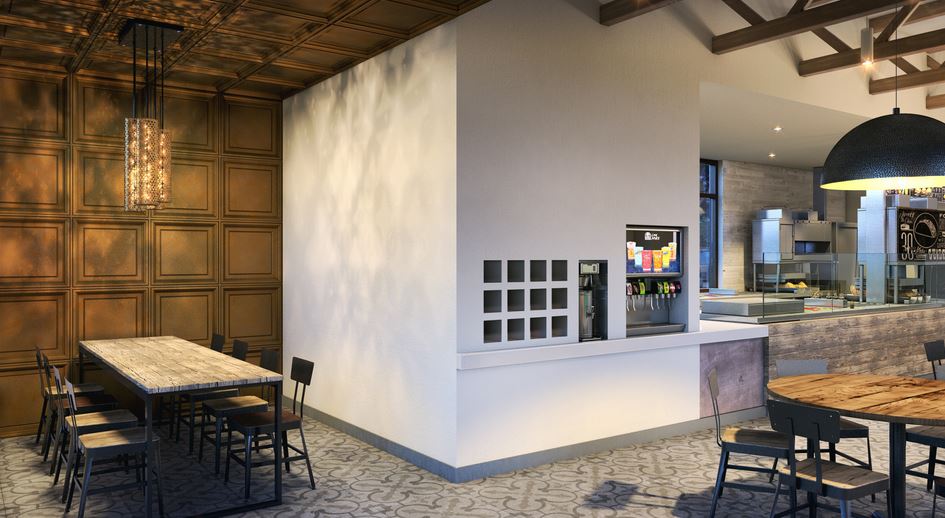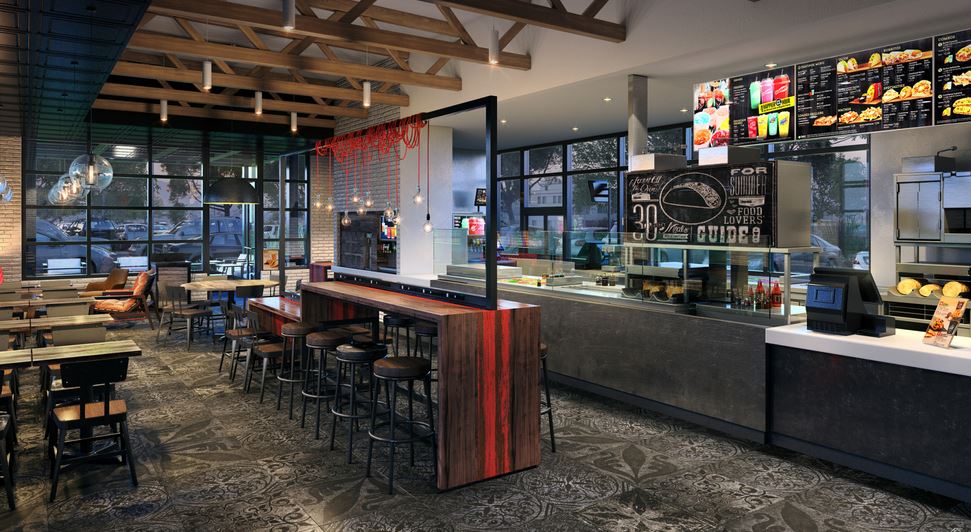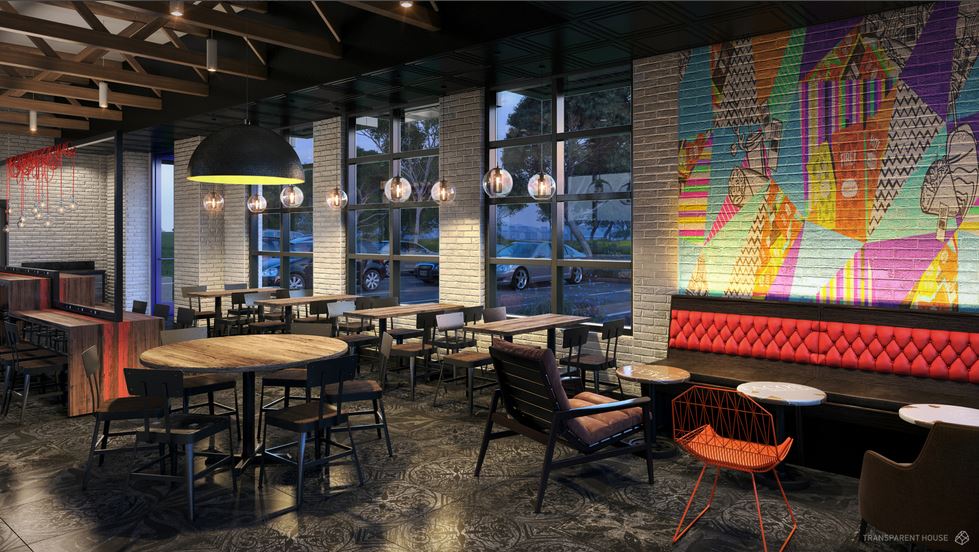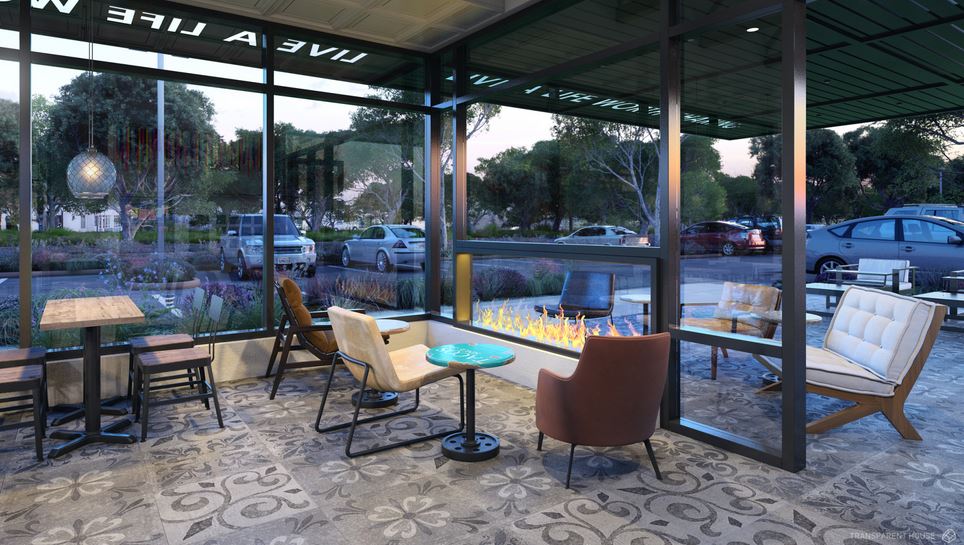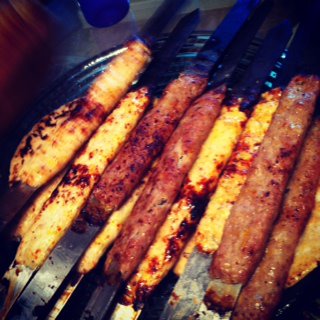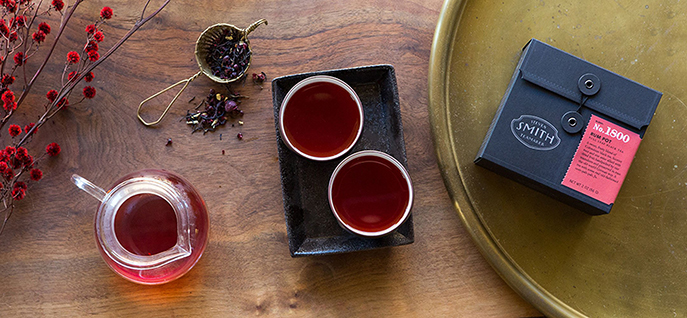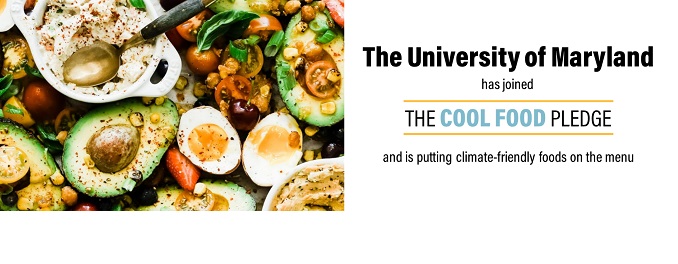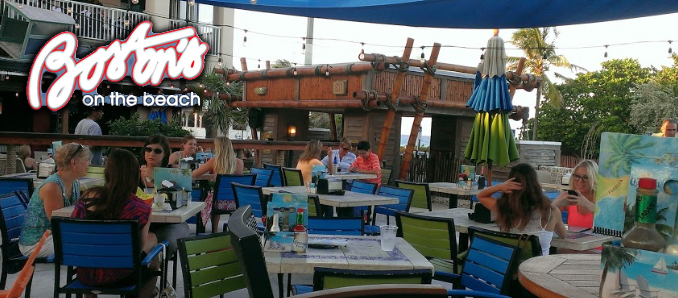Taco bell’s expansion anchored by community feel
New Restaurants Provide Tailored Concepts that Reflect Diverse Community Experiences
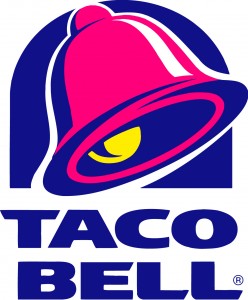 Remember the original Taco Bell mission restaurants, complete with a bell, an outdoor patio and fire pit?
Remember the original Taco Bell mission restaurants, complete with a bell, an outdoor patio and fire pit?
That classic architectural design redefined the fast food experience for generations to come. Today, Taco Bell announced a new line of restaurant designs that will do the same: with a nod to the future and a wink to the past. As part of its expansion plans to open 2,000 new restaurants by 2022, Taco Bell is unveiling and testing four new restaurant designs built to reflect the vibrant communities in which they operate.
“Building new restaurants is a key component to the overall growth and evolution of Taco Bell,” said Brian Niccol, Chief Executive Officer at Taco Bell Corp. “Great design, Great Food and Great Economics is at the heart of our growth.”
The four designs will make their debut in Orange County, California this summer through existing restaurant remodels, with broader roll-out planned in 2016, including plans to expand in urban locations with the Taco Bell Cantina concept.
- Heritage: Inspired by its culinary roots in Mexican-inspired food with a twist, this style is a modern interpretation of Taco Bell’s original Mission Revival style characterized by warm white walls with classic materials in the tile and heavy timbers.
- Modern Explorer: This rustic modern style is a refined version of the brand’s Cantina Explorer restaurants and can easily fit into a suburban or rural environment. Inspired by the farms that make our food, this style reinforces Taco Bell’s commitment to the best ingredients, authenticity and transparency of materials and dining preparation.
- California Sol: Inspired by Taco Bell’s California roots and the California lifestyle, this design blurs the lines between indoor and outdoor. It’s a celebration of dining al fresco and embraces a laidback beachy feel both inside and out.
- Urban Edge: This design represents an eclectic mix of international and street style done the Taco Bell way. This style is inspired by timeless design married with cutting-edge elements of the urban environment.
Taco Bell Heritage Taco Bell Heritage Design Taco Bell Urban Edge Taco Bell Urban Edge Design Taco Bell California Sol
“While all four restaurant designs each have a different contextual personality, they all share a commonality in expressing Taco Bell’s brand like never before,” stated Marisa Thalberg, Chief Marketing Officer at Taco Bell Corp. “From the open kitchen that showcases our freshly prepared foods to the community tables designed for friends to hang out, each of these formats fosters a modern, unique experience.”
“It’s no longer one size fits all,” stated Deborah Brand, VP of Development and Design at Taco Bell Corp. “Consumers are looking for a localized, customized and personalized experiences that reflect the diversity of their communities – the flexibility in bringing these four designs to life gives us just that.”
Reducing the environmental footprint of stores was top of mind when developing these new restaurant designs, which feature LED lights and energy-efficient heating and cooling equipment. All local California locations will leverage reclaimed wood from California ports and, where possible, newly built restaurants will incorporate more sustainable landscape features such as solar panel canopies over drive-thrus and reclaimed water for irrigation.
In 2015 Taco Bell opened over 275 new restaurants, remodeled about 600 more, and is currently on pace to exceed both numbers in 2016. Of the 2,000 restaurants planned to be built by 2022, 200 will be urban locations – a typically underrepresented geographic area for the brand.
In 2015, Taco Bell also opened up the first of its two “Cantina” restaurants in San Francisco and Chicago. These urban concept restaurants have five things in common that differentiate them from standard Taco Bell restaurants: décor, localized artwork, open kitchen layout, open plating and shareable menus. Additionally, Cantina restaurants may also serve alcoholic beverages, which can include beer, wine, sangria and twisted Freezes.
Atlanta is currently being explored for the next urban development, while numerous cities across the U.S. are under consideration for future locations. These include major metropolitan areas from New York, Boston and Ohio to smaller cities with revitalizing downtown areas like Berkeley, Austin and Fayetteville.
About Taco Bell Corp.
Taco Bell Corp., a subsidiary of Yum! Brands, Inc. (NYSE: YUM), is the nation’s leading Mexican-inspired quick service restaurant (QSR) brand. From breakfast to late night, Taco Bell serves made-to-order and customizable tacos and burritos, among other craveable choices, and is the first QSR restaurant to offer American Vegetarian Association (AVA)-certified menu items. Taco Bell and its more than 350 franchise organizations proudly serve over 42 million customers each week through nearly 7,000 restaurants across the nation, as well as through its mobile, desktop and delivery ordering services. Overseas, Taco Bell has over 250 restaurants, with plans to add 2,000 more restaurants internationally within the next decade. The brand encourages its fans to “Live Mas” and connects with them through sports, gaming and new music via its Feed The Beat® music program. Taco Bell also provides education opportunities and serves the community through its nonprofit organization, the Taco Bell® Foundation™, and connects fans with their passions through programs such as the Live Mas Scholarship program. In 2016, Taco Bell was named as one of Fast Company’s Top 10 Most Innovative Companies in the World.
Like: Facebook.com/tacobell — Follow: @TacoBell (Twitter), tacobell (Instagram) and tacobell (Snapchat) — Subscribe: YouTube.com/tacobell – Explore: ta.co



